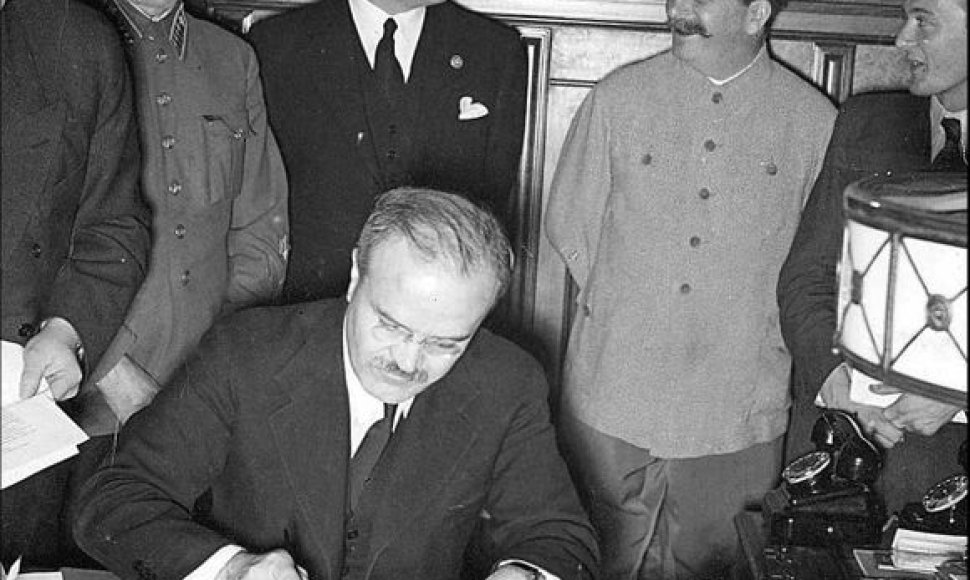"The government welcomes the president's move to resume operations of the international commission," Laimonas Talat-Kelpša, adviser to Lithuania's Prime Minister Andrius Kubilius, told BNS.
In his words, the aim of the international panel is reflected in its name, i.e., evaluation of the scope of Nazi and Soviet crimes in Lithuania.
"Tragic pages of our history are known little in the world. Ordered by the commission, historical works are available online in Lithuanian and English, allowing foreign readers to read them as well," Talat-Kelpša added.
He said the commission was actively involved in educational activities, participating in international cooperation programs, has founded 86 tolerance development centers in Lithuania, more than 3,000 teachers have participated in seminars in Lithuania and abroad.
"Consequently, the commission is just as necessary for Lithuania's future as it is for investigations of the past," Talat-Kelpša said.
The commission was first set up by then president Valdas Adamkus in 1998 and worked until 2007 when Lithuania's Prosecutor General's Office charged its member historian Yitzhak Arad of having served in the Soviet NKVD and having been involved in executions of Lithuanian civilians and members of the anti-Soviet resistance movement in 1943-1944. The investigation was dropped in 2008 due to lack of evidence.
"Members of the commission did not hold meetings for some time. Nevertheless, the projects of tolerance education continued. We hope that the resumed commission, which includes a number of world-class names, will expand its operations and trigger an even bigger interest of the international community in the crimes committed in Lithuania by the Nazis and the Soviets," the prime minister's adviser said.
The panel includes two dozen historians from Lithuania, Israel, the United States, Germany, France, Russia, and Hungary, including representatives of Yad Vashem organization and the American Jewish Committee, Yale and Stanford universities (US), and Sorbonne university in France.
The historians will work in two subcommissions, each focusing on assessment of Nazi or Soviet crimes. Furthermore, the president's decree signed on Tuesday to restart the commission specifies “the Holocaust's exceptional and unprecedented character and scale."
The President's Office refused to provide further comments on the matter.
MP Emanuelis Zingeris, chairman of the commission, said the panel should hold its first meeting within three months.












